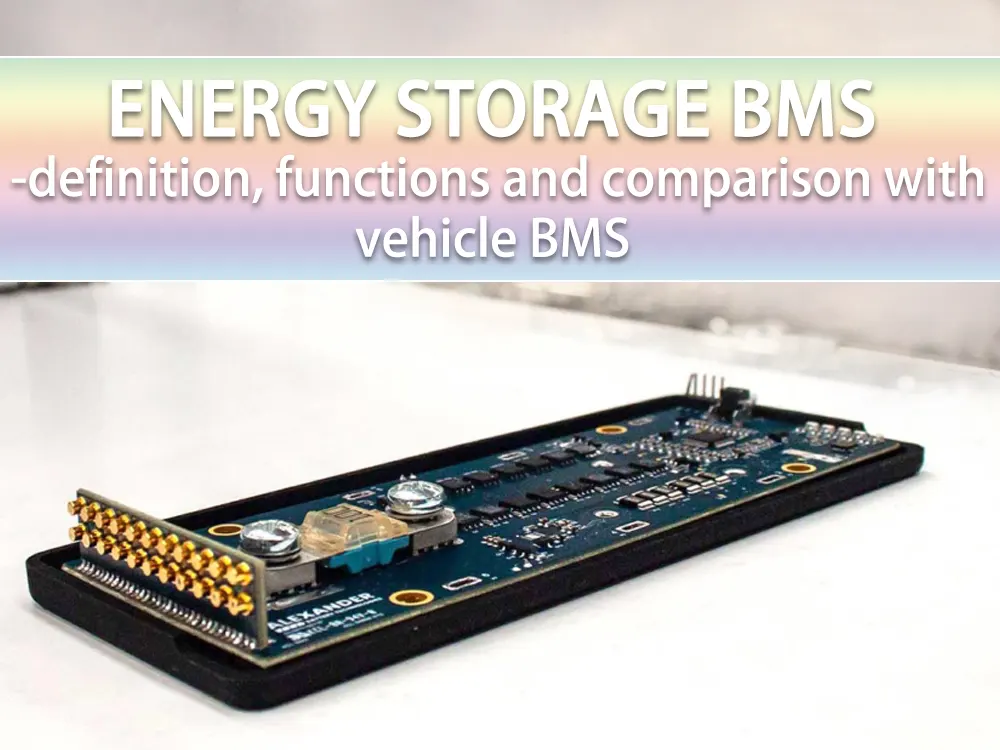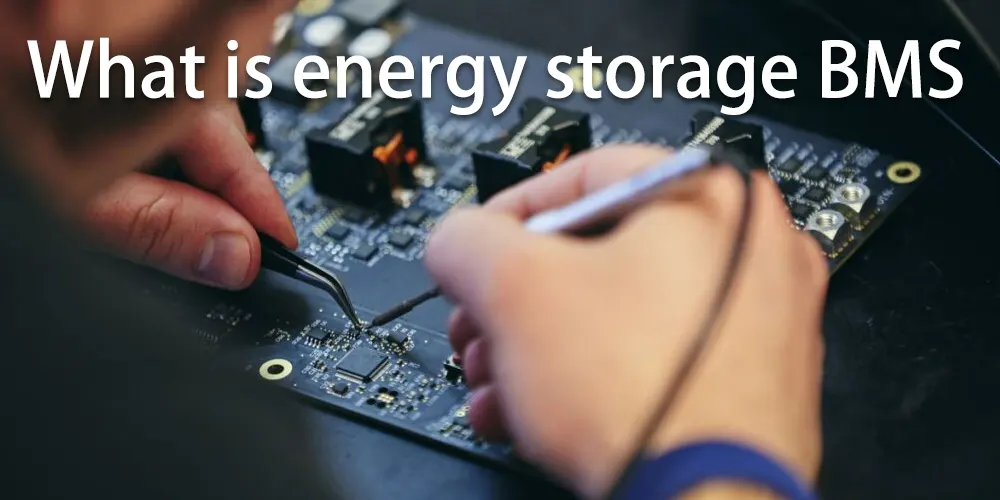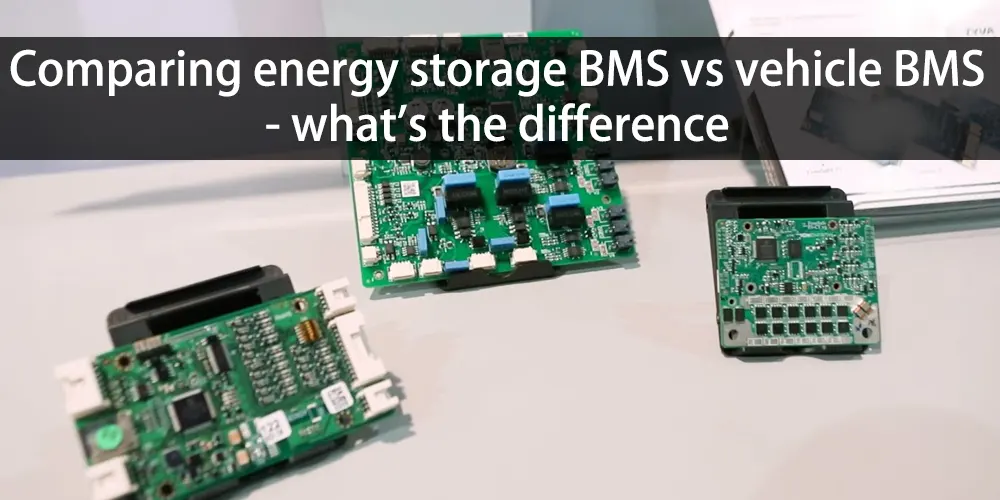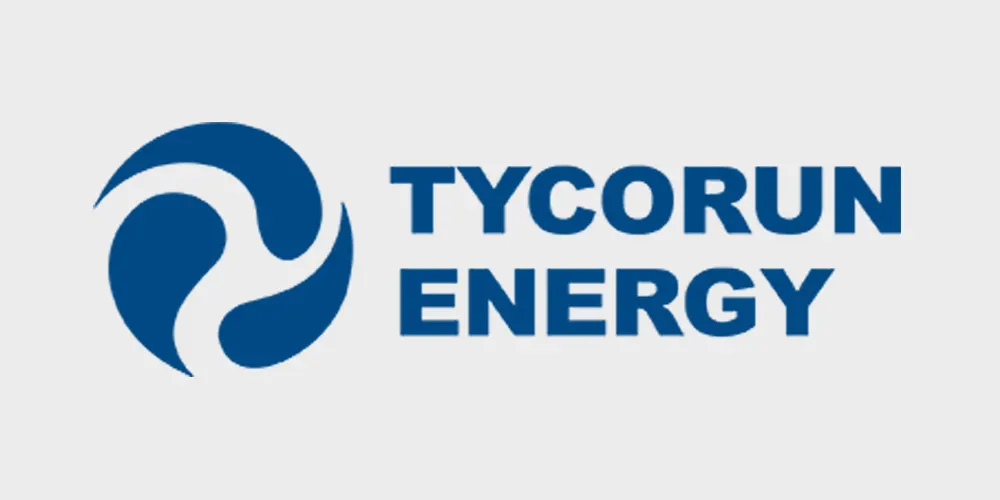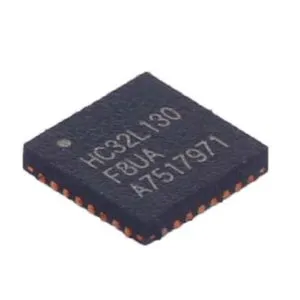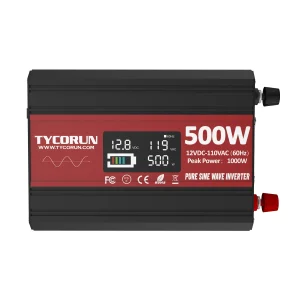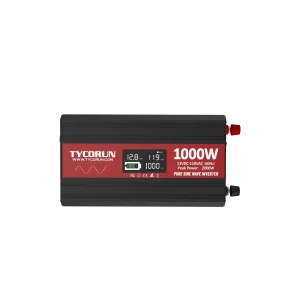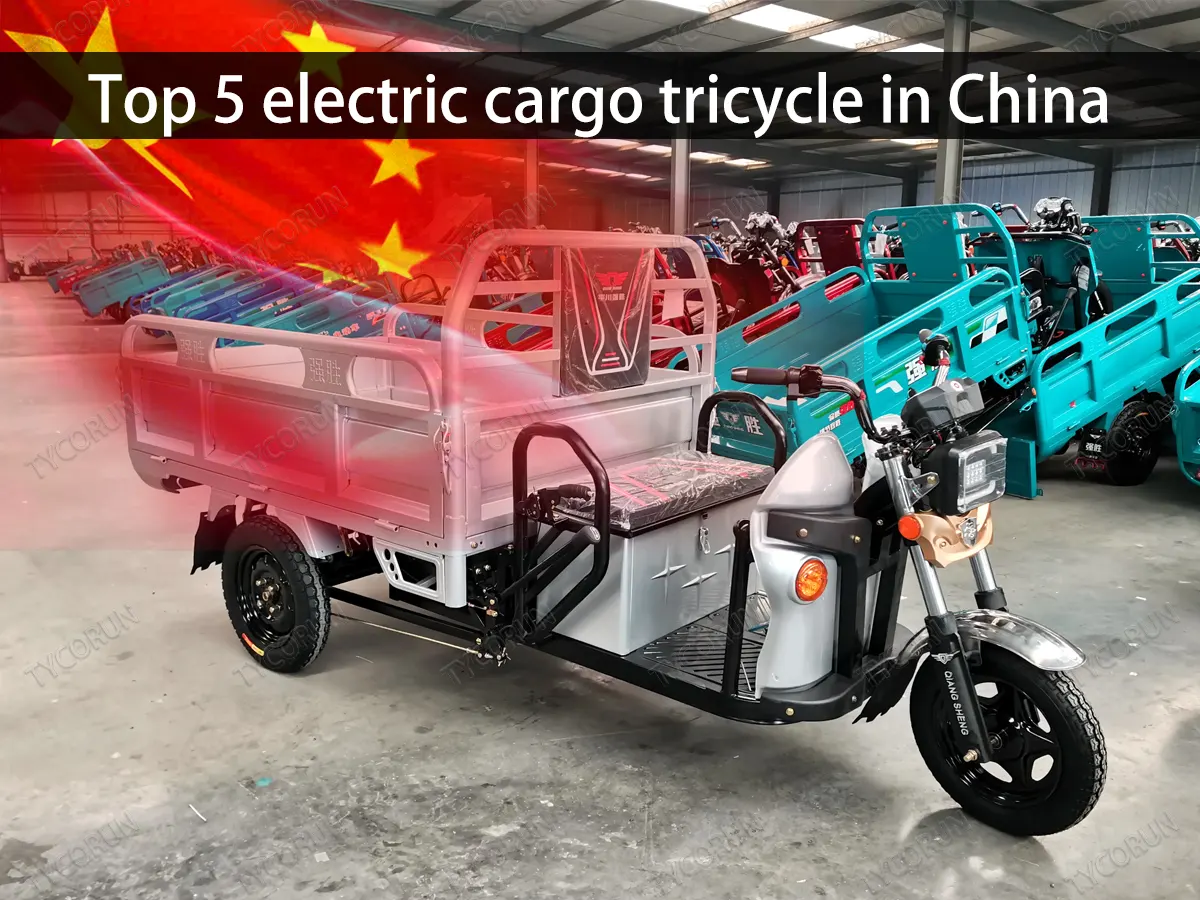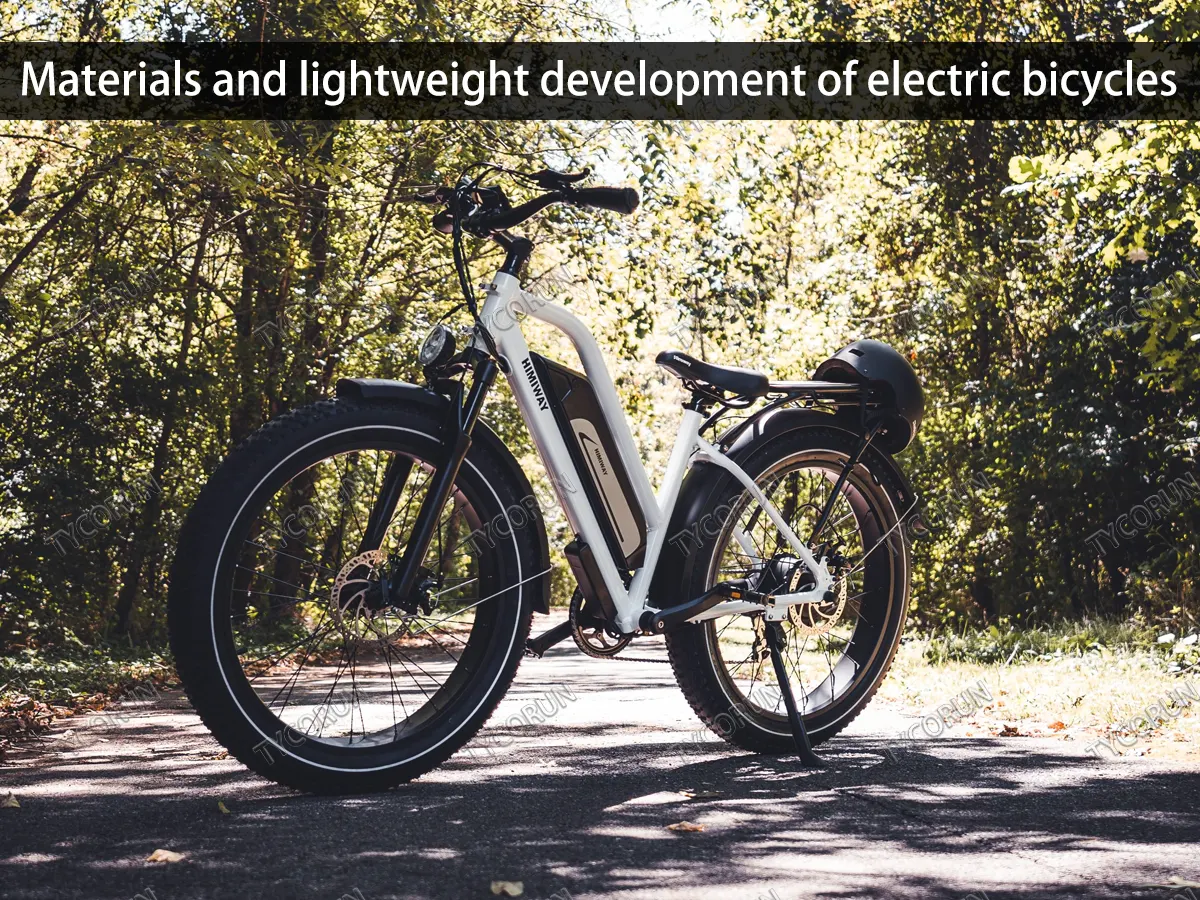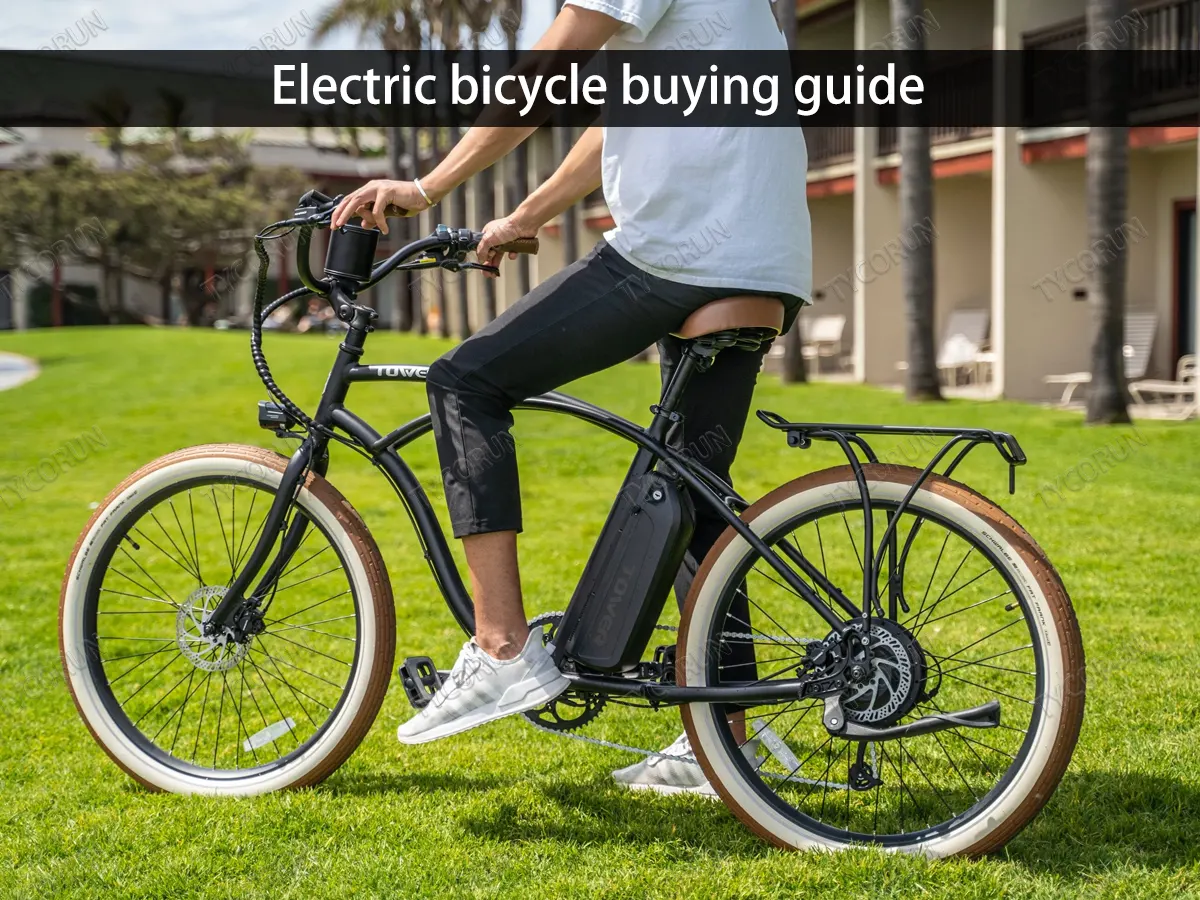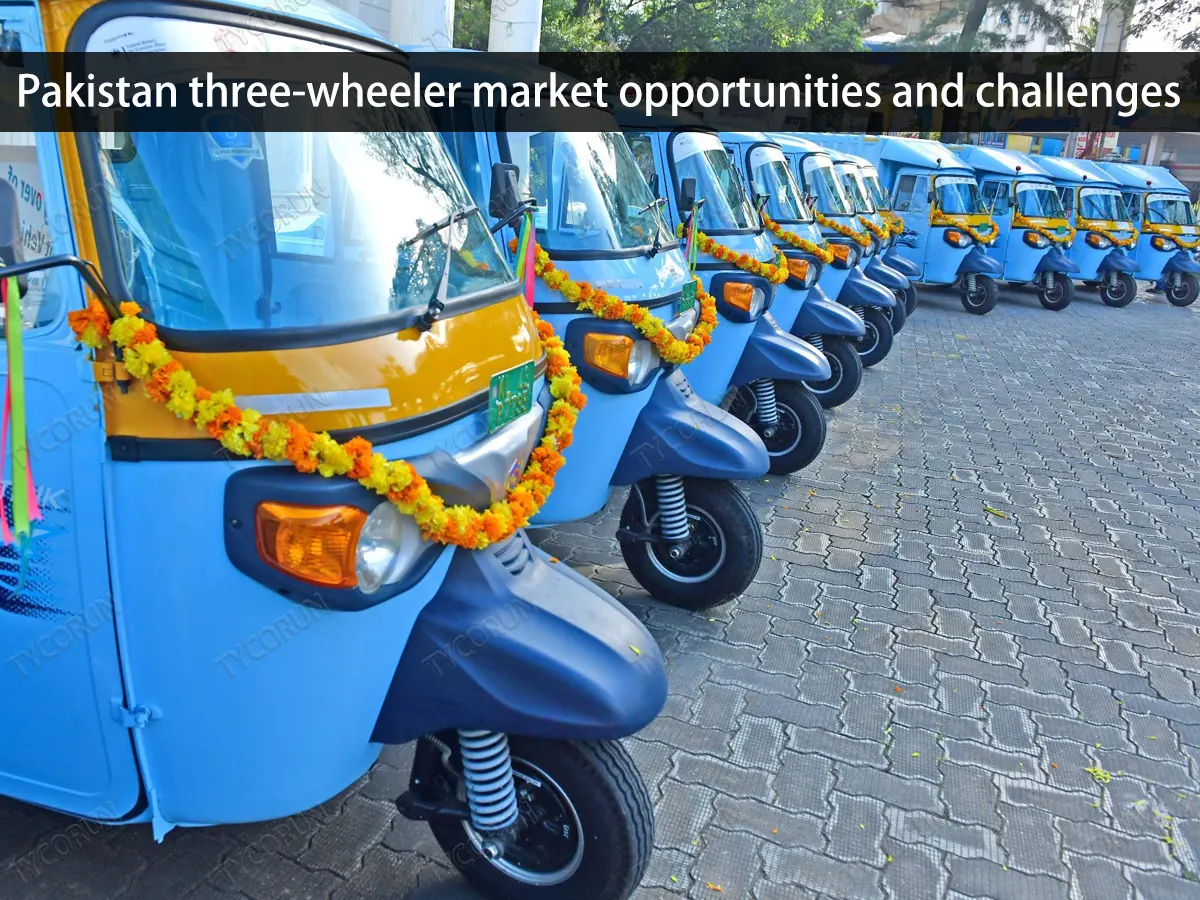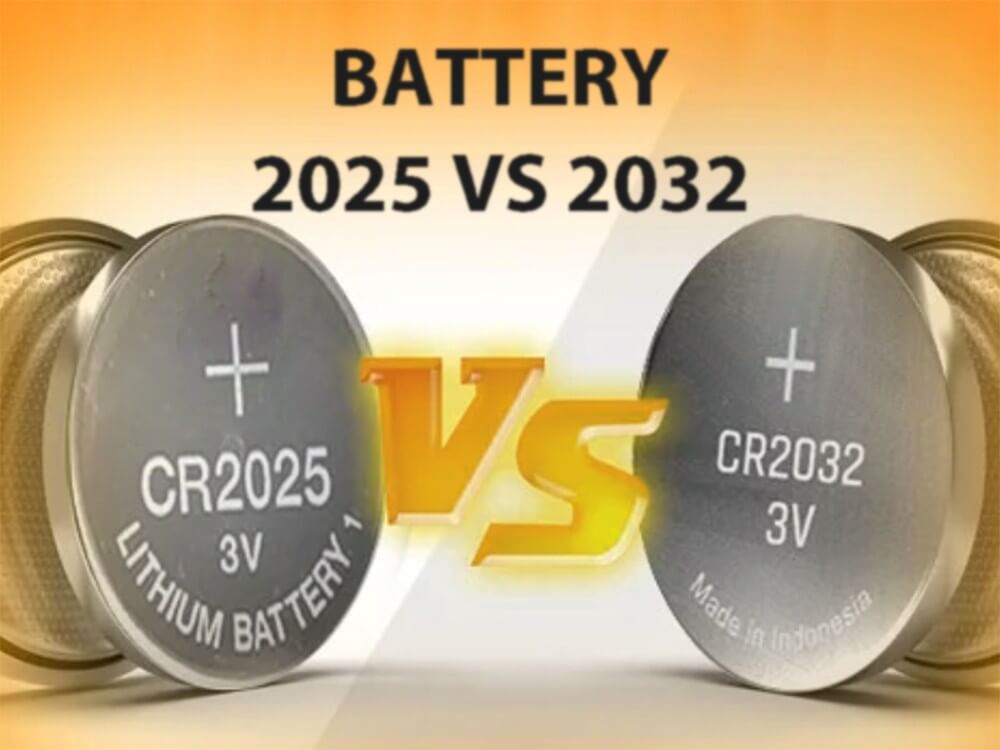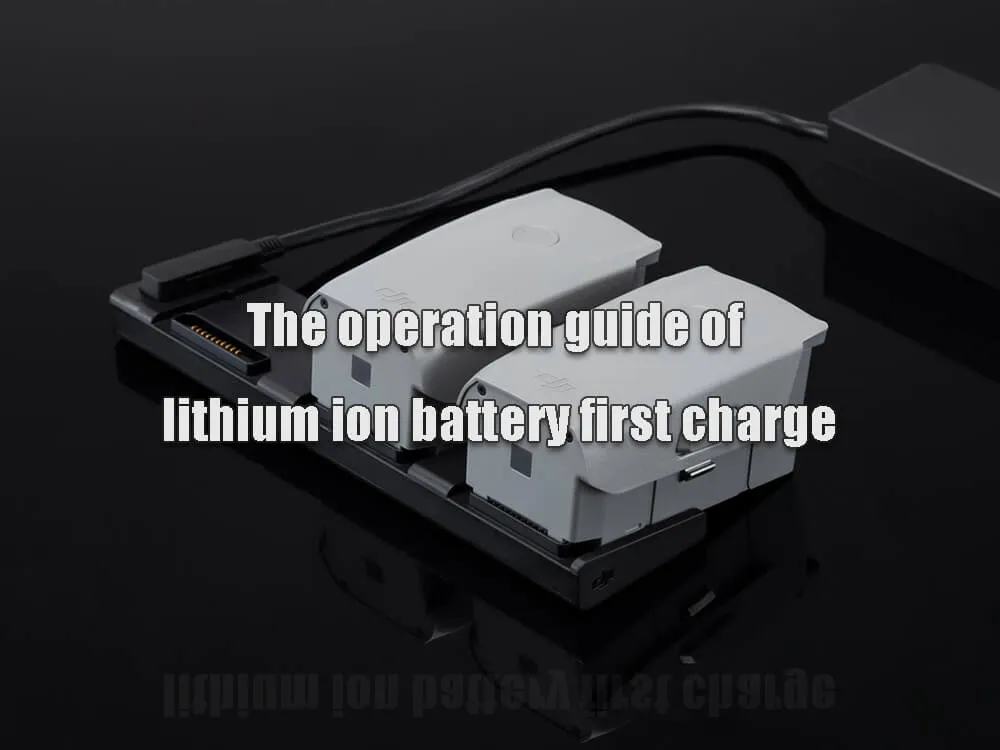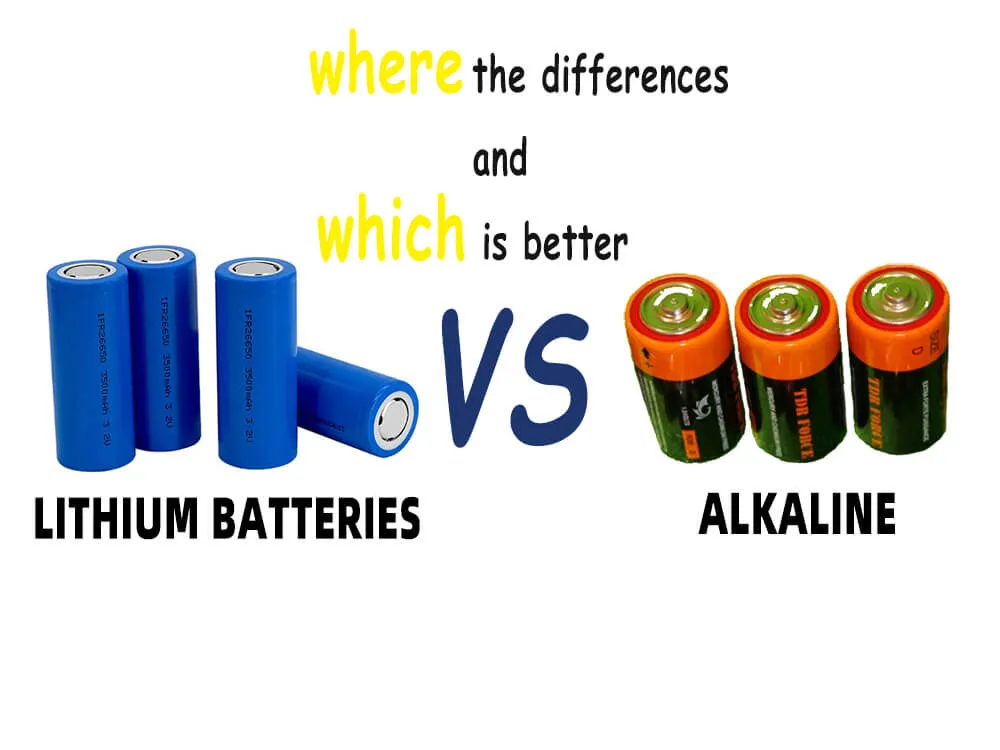Energy storage BMS - definition, functions and comparison with vehicle BMS

As the most important component of energy storage technology, the role of batteries in energy storage systems is crucial, especially when applied to power systems to make more efficient use of electric energy. Energy storage BMS is an important part of battery energy storage system design.
What is energy storage BMS
BMS is the abbreviation of Battery Management System. Energy storage BMS refers to the subsystem used to manage the battery energy storage system, including battery charging, discharging, temperature, voltage and other parameter monitoring, SOC (State of Charge), SOH (State of Health) estimation, and protection measures. The main purpose of energy storage BMS is to:
● Firstly, monitor the battery status, so as to detect abnormal situations in time and take corresponding measures;
● The second is to control the charging and discharging process to ensure that the battery is charged and discharged within a safe range, and to minimize damage and aging;
● At the same time, battery balancing is also required, that is, to maintain the consistency of battery performance by adjusting the charge difference between each cell in the battery pack;
● In addition, the energy storage BMS also needs to have a communication function in order to perform operations such as data interaction and remote control with other systems.
Main functions of energy storage BMS
Monitoring and controlling the state of the battery: The energy storage BMS can monitor the battery voltage, current, temperature, SOC, SOH and other parameters, as well as other information about the battery. In the process, it uses tools like sensors to collect battery data.
SOC balance: During the use of the battery pack, the SOC of the battery often becomes unbalanced, which degrades the performance of the battery pack and even leads to battery failure.
Energy storage BMS can solve this problem through battery balancing technology, that is, by controlling the discharge and charge between batteries, the SOC of all battery cells can be kept consistent. The balance depends on whether the energy of the battery is dissipated or transferred between batteries, and it can be divided into two modes: passive balance and active balance.
Prevent battery overcharging or over-discharging: Battery overcharging or overdischarging is a problem that battery components are prone to, and too much or too little charging and discharging will damage the battery pack components.
Overdischarging and overcharging the battery may reduce the capacity of the battery components or even make them unusable. Therefore, the energy storage BMS will control the battery voltage when the battery is charging to ensure the real-time state of the battery, and stop charging after the battery reaches the maximum capacity.
Ensure remote monitoring and alarming of the system: The energy storage BMS can transmit data through wireless networks and other means, and transmit real-time data to the monitoring end. At the same time, it can regularly send fault detection and alarm information according to the system settings.
Energy storage BMS also supports flexible reporting and analysis tools, which can generate historical data and event records of batteries and systems to support data monitoring and fault diagnosis.
Provide a variety of protection functions: Energy storage BMS can provide a variety of protection functions to prevent battery short circuit, overcurrent and other problems, and ensure safe communication between battery components. At the same time, it can also provide battery test and handle accidents such as unit failures and single point failures.
Control the temperature of the battery: The temperature of the battery is one of the important factors affecting the performance and life of the battery. The energy storage BMS can monitor the battery temperature and take effective measures to control the battery temperature to prevent the battery from being damaged by the temperature being too high or too low.
In short, the energy storage BMS can comprehensively monitor and control the battery energy storage system to ensure their safety, stability and performance, so as to achieve the best effect of the energy storage system.
In addition, energy storage BMS can also improve the service life and reliability of energy storage systems, reduce maintenance costs and operational risks, and provide more flexible and reliable energy storage solutions. Therefore, energy storage BMS plays a vital role in battery energy storage systems.
Comparing energy storage BMS vs vehicle BMS – what’s the difference
Compared with vehicle BMS, energy storage BMS does not have high requirements for adapting to the environment. In the industrial environment, BMS is mainly to ensure the fault diagnosis, protection, control and management functions of the energy storage system, and does not need to make excessive adaptation requirements for environmental factors such as temperature, shock, vibration and waterproof like the automotive BMS.
As a powerful battery management system, vehicle BMS is mainly used to ensure the power, energy and safety of the battery system. Due to the complexity of automotive application scenarios, it requires higher environmental adaptability.
Therefore, automotive BMS must face a wide range of environmental conditions, such as extreme temperature conditions, strong vibration and shock, high waterproof level, etc. At the same time, the vehicle BMS must also ensure the high efficiency, sustainability and reliability of the vehicle energy system.
Compared with vehicle BMS, energy storage BMS needs to manage more batteries, the number can reach tens of thousands or even millions, and requires more sophisticated and effective control and management of more complex and large energy storage systems.
First of all, the deeper charge and discharge depth of the energy storage system can bring greater changes to the battery cells, which requires more accurate and timely monitoring and control of the energy storage BMS to ensure the safety and stability of the battery cells .
In addition, the life of the energy storage system is longer, and it is necessary to achieve more optimized battery balance management, so that the entire energy storage system can have higher working efficiency and a good operating state. At the same time, energy storage BMS also needs to face a more complex energy management system, including the effective power of the battery, energy output control, and management of grid-connected capabilities.
Conclusion
To sum up, BMSs in different application scenarios have different requirements for battery management and protection, which means that there are also differences in the design and implementation of BMS in top 10 battery management system suppliers. Although compared with vehicle BMS, energy storage BMS does not have high requirements for environmental adaptation, but in energy storage systems, the functions of BMS are more complex and large, requiring more refined and effective control and management.

